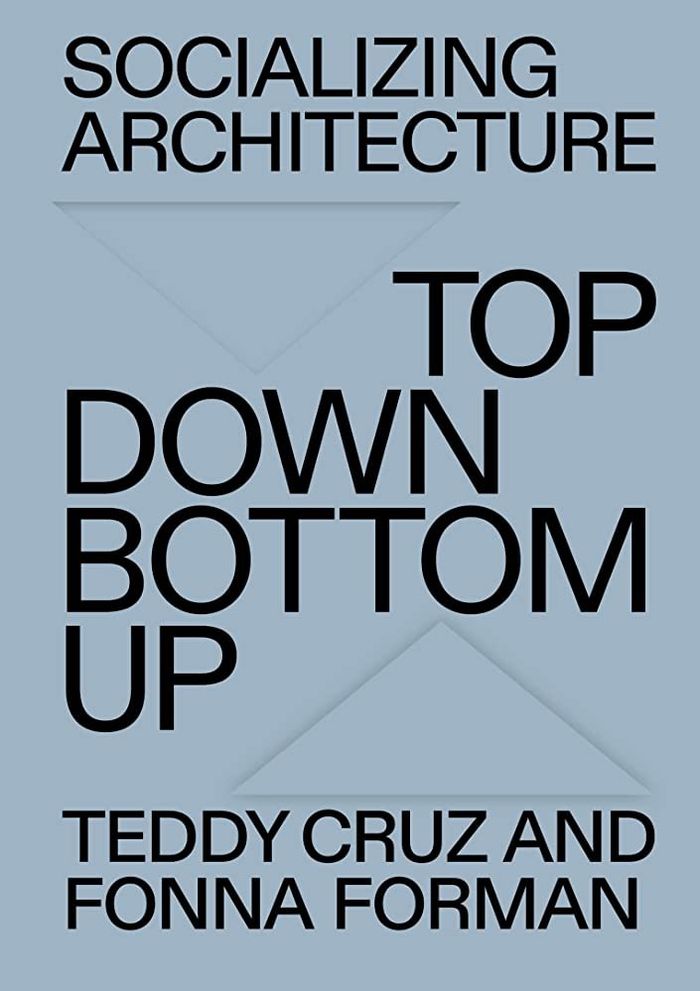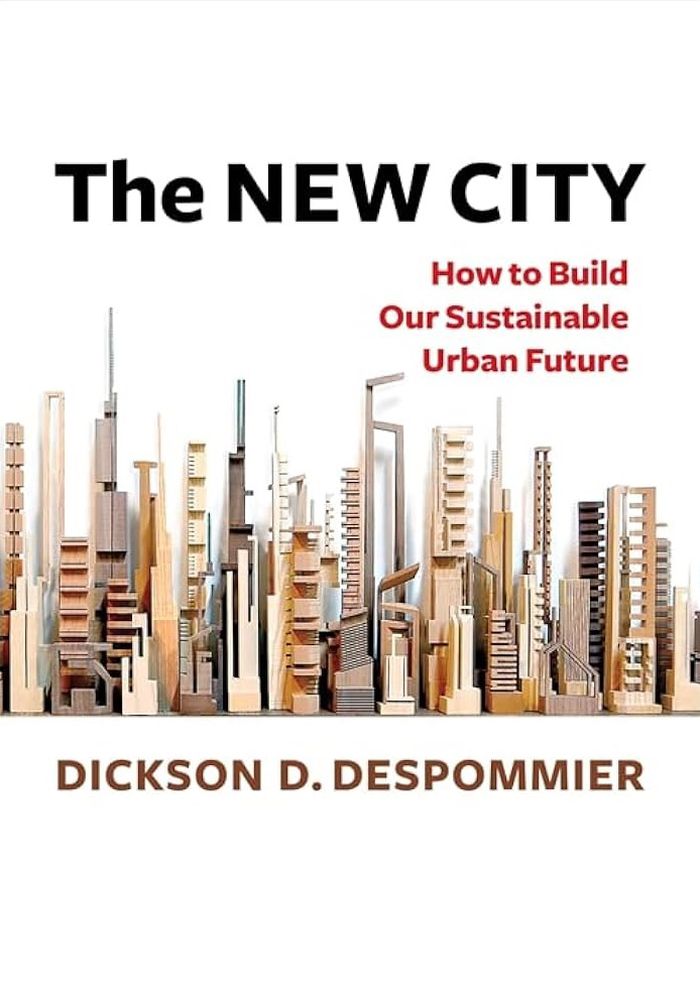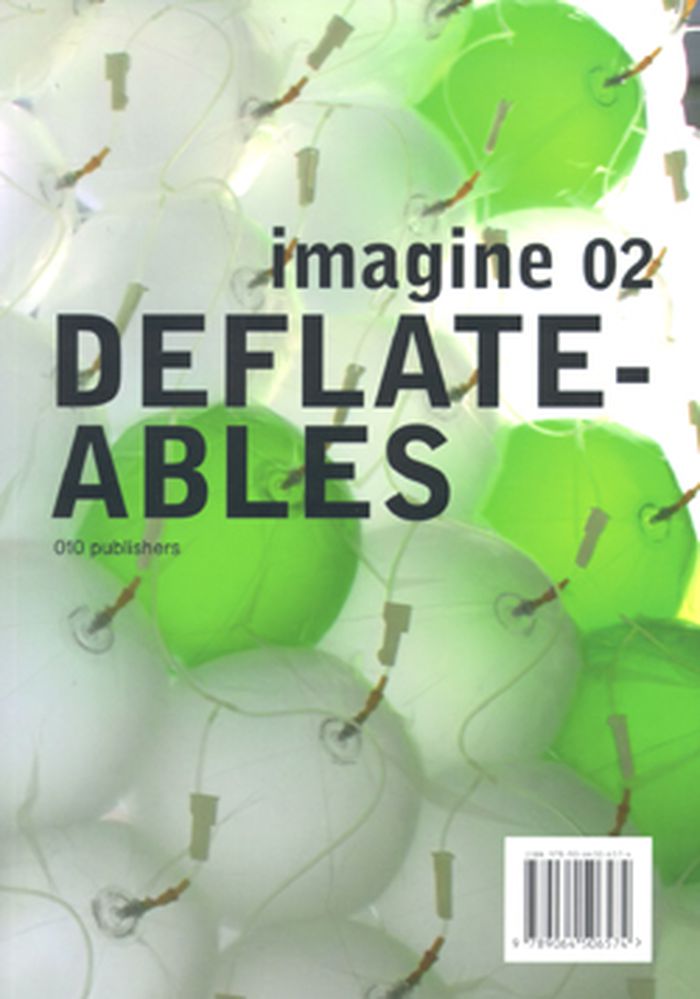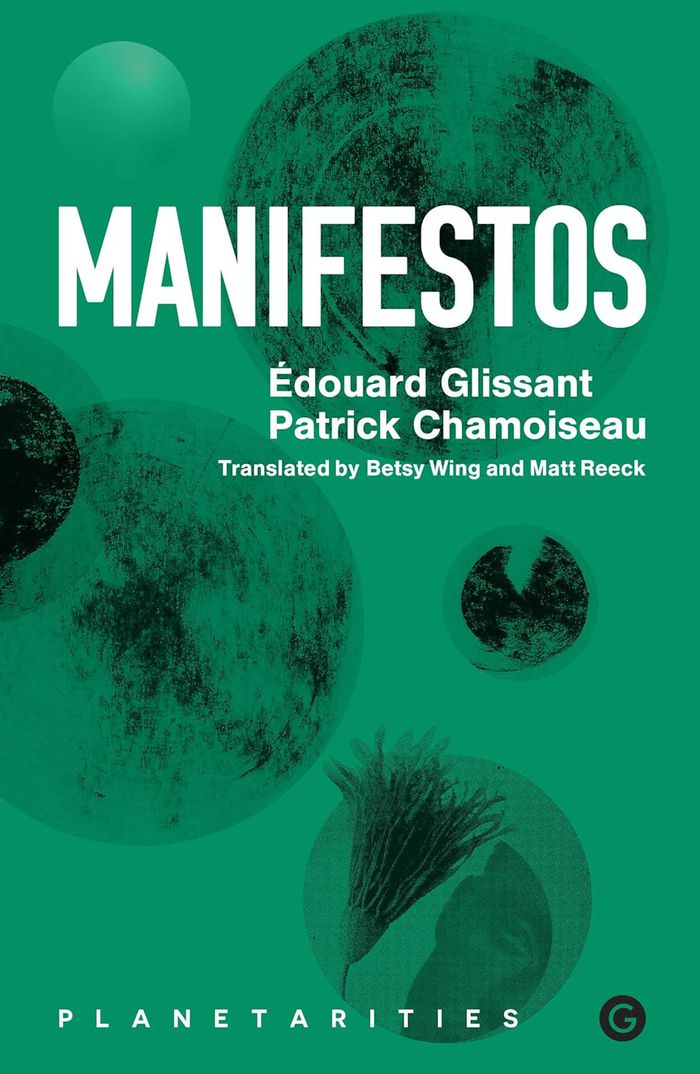$32.95
(disponible en magasin)
Résumé:
There have been many things written about Canada’s violent siege of Kanehsatà:ke and Kahnawà:ke in the summer of 1990, but "When the pine needles fall: Indigenous acts of resistance" is the first book from the perspective of Katsi’tsakwas Ellen Gabriel, who was the Kanien’kehá:ka (Mohawk) spokesperson during the siege. "When the pine needles fall," written in a(...)
When the pine needles fall: Indigenous acts of resistance
Actions:
Prix:
$32.95
(disponible en magasin)
Résumé:
There have been many things written about Canada’s violent siege of Kanehsatà:ke and Kahnawà:ke in the summer of 1990, but "When the pine needles fall: Indigenous acts of resistance" is the first book from the perspective of Katsi’tsakwas Ellen Gabriel, who was the Kanien’kehá:ka (Mohawk) spokesperson during the siege. "When the pine needles fall," written in a conversational style by Gabriel with historian Sean Carleton, offers an intimate look at Gabriel’s life leading up to the 1990 siege, her experiences as spokesperson for her community, and her work since then as an Indigenous land defender, human rights activist, and feminist leader. More than just the memoir of an extraordinary individual, "When the pine needles fall" offers insight into Indigenous language, history, and philosophy, reflections on our relationship with the land, and calls to action against both colonialism and capitalism as we face the climate crisis. Gabriel’s hopes for a decolonial future make clear why protecting Indigenous homelands is vital not only for the survival of Indigenous peoples, but for all who live on this planet.
Autochtone
$79.95
(disponible sur commande)
Résumé:
Energy performance feedback is an essential tool in addressing the current climate crisis. However, this is not simply another theoretical text about energy performance in buildings. This book is for anyone who wants to better understand how energy is used in buildings, and how to drive down operational energy use – whether you’re an architect, student, client, building(...)
Architecture écologique
avril 2021
Energy, people, buildings: making sustainable architecture work
Actions:
Prix:
$79.95
(disponible sur commande)
Résumé:
Energy performance feedback is an essential tool in addressing the current climate crisis. However, this is not simply another theoretical text about energy performance in buildings. This book is for anyone who wants to better understand how energy is used in buildings, and how to drive down operational energy use – whether you’re an architect, student, client, building services engineer, contractor, building operator or other stakeholder. Focusing on evidence from feedback on buildings in use, it explains what it takes to get them to perform as expected, as well as the reasons why they often fail. "Energy, people, buildings" draws extensively on the findings of studies, UK government-funded building performance evaluations and on original research into seven case studies from across the UK and abroad that have achieved exemplary energy use through building performance feedback. Providing a clear roadmap to understanding aspects that impact building users’ comfort and satisfaction, it also outlines the factors behind energy use and how to track it across the life of a project to ensure that your building performs as intended.
Architecture écologique
$71.95
(disponible sur commande)
Résumé:
Situated at the intersection of architecture, art, public culture, and political theory, ''Socializing architecture'' urges architects and urbanists to intervene in the contested space between public and private interests, to design political and civic processes that mediate top-down and bottom-up urban resources, and to mobilize a new public imagination toward a more(...)
mars 2023
Socializing architecture: Top-down/bottom-up
Actions:
Prix:
$71.95
(disponible sur commande)
Résumé:
Situated at the intersection of architecture, art, public culture, and political theory, ''Socializing architecture'' urges architects and urbanists to intervene in the contested space between public and private interests, to design political and civic processes that mediate top-down and bottom-up urban resources, and to mobilize a new public imagination toward a more just and equitable urbanization. Drawn from decades of lived experience, Teddy Cruz and Fonna Forman engage the San Diego–Tijuana border region as a global laboratory to address the central challenges of urbanization today: deepening social and economic inequality, dramatic migratory shifts, explosive urban informality, climate disruption, the thickening of border walls, and the decline of public thinking. ''Socializing architecture'' follows ''Spatializing justice'' (Cruz and Forman, 2022). It is organized into two main sections—essays and projects—and continues to build a compelling case for architects and urban designers to do more than design buildings and physical systems. Through analysis and diverse case studies, the authors show architects and urbanists how to alter the exclusionary policies that produce public crisis and instead realize new political and economic strategies that advance a more equitable and convivial architecture.
$66.00
(disponible sur commande)
Résumé:
Natural, renewable, reusable, and aesthetically pleasing, wood is the consummate building material. Thanks to incredible advances in both application and sustainability, it is being used across the world to create new and surprising styles. This global survey features exquisite photography that captures a wide range of twenty-first century construction in residential,(...)
Building with wood: the new timber architecture
Actions:
Prix:
$66.00
(disponible sur commande)
Résumé:
Natural, renewable, reusable, and aesthetically pleasing, wood is the consummate building material. Thanks to incredible advances in both application and sustainability, it is being used across the world to create new and surprising styles. This global survey features exquisite photography that captures a wide range of twenty-first century construction in residential, public, cultural, educational, commercial, and entertainment-related spaces. From the Mount Fuji World Heritage Center in Shizuoka, Japan and the Eystur Town Hall in the Faroe Islands to the College of Forestry at Oregon State University, each building is featured in double-page spreads with colour photographs that allow readers to appreciate timber’s intrinsic qualities against a variety of backgrounds, scales, and typologies. Plans and building specifications are accompanied by the latest developments in research and design. Eco-friendly and robust, timber’s applications are almost unlimited, extending to the tallest skyscrapers, and to every livable corner of our planet. This volume offers encouraging proof that architects around the world are responding to the climate crisis in ways that not only preserve the earth, but also provide pleasing environments in which to live, work, and play.
Constructions en bois
$39.95
(disponible sur commande)
Résumé:
How human behavior brought our world to the brink, and how human behavior can save us. The world is a mess. Our dire predicament, from collapsing social structures to the climate crisis, has been millennia in the making and can be traced back to the erroneous belief that the earth's resources are infinite. The key to change, says Don Norman, is human behavior, covered(...)
Design for a better world: meaningful, sustainable, humanity centered
Actions:
Prix:
$39.95
(disponible sur commande)
Résumé:
How human behavior brought our world to the brink, and how human behavior can save us. The world is a mess. Our dire predicament, from collapsing social structures to the climate crisis, has been millennia in the making and can be traced back to the erroneous belief that the earth's resources are infinite. The key to change, says Don Norman, is human behavior, covered in the book's three major themes: meaning, sustainability, and humanity-centeredness. Emphasize quality of life, not monetary rewards; restructure how we live to better protect the environment; and focus on all of humanity. ''Design for a better world'' presents an eye-opening diagnosis of where we've gone wrong and a clear prescription for making things better. Norman proposes a new way of thinking, one that recognizes our place in a complex global system where even simple behaviors affect the entire world. He identifies the economic metrics that contribute to the harmful effects of commerce and manufacturing and proposes a recalibration of what we consider important in life. His experience as both a scientist and business executive gives him the perspective to show how to make these changes while maintaining a thriving economy. Let the change begin with this book before it's too late.
Théorie du design
$52.95
(disponible sur commande)
Résumé:
Cities are at once among humanity’s crowning achievements and core drivers of the climate crisis. Their dependence on the outside world for vital resources is causing global temperatures to rise and wildlife habitats to shrink. But we have the opportunity to make cities more sustainable by transforming the built environment. Dickson D. Despommier proposes a plan for(...)
The new city: How to build our sustainable urban future
Actions:
Prix:
$52.95
(disponible sur commande)
Résumé:
Cities are at once among humanity’s crowning achievements and core drivers of the climate crisis. Their dependence on the outside world for vital resources is causing global temperatures to rise and wildlife habitats to shrink. But we have the opportunity to make cities more sustainable by transforming the built environment. Dickson D. Despommier proposes a plan for creating a new, self-sustaining urban landscape. He argues that we can find solutions through the concept of biomimicry: emulating successful strategies found in nature. A better city is possible if we heed the lessons that forests and trees teach about how to store carbon, grow food, collect rainwater, and convert sunlight into energy. Touring established and leading-edge technologies, ''The new city'' provides a blueprint for tomorrow’s urban environment. Cities built from wood will be more resilient and less destructive than concrete and steel construction; they will also encourage reforestation, boosting carbon sequestration. Vertical farms inside city limits will supply residents with a reliable, healthy food supply. Buildings will harvest moisture from the rain and air to secure a clean water supply. Renewable energy, including not only wind, solar, and geothermal but also clear photovoltaic window glass and nonpolluting hydrogen fuel cells, will power a cleaner city.
Théorie de l’urbanisme
$58.95
(disponible en magasin)
Résumé:
This book brings the history of the geosciences and world cosmologies together, exploring many traditions, including Chinese, Pacific, Islamic, South and Southeast Asian conceptions of the earth’s origin and makeup. Together the chapters ask: How have different ideas about the sacred, animate, and earthly changed modern environmental sciences? How have different world(...)
novembre 2023
New earth histories: Geo-cosmologies and the making of the modern world
Actions:
Prix:
$58.95
(disponible en magasin)
Résumé:
This book brings the history of the geosciences and world cosmologies together, exploring many traditions, including Chinese, Pacific, Islamic, South and Southeast Asian conceptions of the earth’s origin and makeup. Together the chapters ask: How have different ideas about the sacred, animate, and earthly changed modern environmental sciences? How have different world traditions understood human and geological origins? How does the inclusion of multiple cosmologies change the meaning of the Anthropocene and the global climate crisis? By carefully examining these questions, ''New earth histories'' sets an ambitious agenda for how we think about the earth. The chapters consider debates about the age and structure of the earth, how humans and earth systems interact, and how empire has been conceived in multiple traditions. The methods the authors deploy are diverse—from cultural history and visual and material studies to ethnography, geography, and Indigenous studies—and the effect is to highlight how earth knowledge emerged from historically specific situations. ''New earth histories'' provides both a framework for studying science at a global scale and fascinating examples to educate as well as inspire future work. Essential reading for students and scholars of earth science history, environmental humanities, history of science and religion, and science and empire.
Imagine 02 Deflateables
$43.50
(disponible sur commande)
Résumé:
Pneumatic structures have been thoroughly investigated and developed during the 1960s. However, the energy crisis and aesthetic developments stopped the process of employing these structures as a mainstream construction method. Deflateables concentrates on the very limited knowledge of vacuum constructions and develops a range of aesthetic, technical and functional design(...)
Structures d’ingénierie
octobre 2007, Rotterdam
Imagine 02 Deflateables
Actions:
Prix:
$43.50
(disponible sur commande)
Résumé:
Pneumatic structures have been thoroughly investigated and developed during the 1960s. However, the energy crisis and aesthetic developments stopped the process of employing these structures as a mainstream construction method. Deflateables concentrates on the very limited knowledge of vacuum constructions and develops a range of aesthetic, technical and functional design possibilities. Until today, there has been a very limited number of designs developed and realized using pressurized constructions – despite the fact that this technology could lead to positive aspects: the air pressure of the earth can be used as a stabilizing and form-giving parameter, creating a specific and inspiring shape. In addition, the very nature of this technology offers varying degrees of thermal and acoustic insulation. Exploiting the possibilities of extremely light and, at the same time, energetically active constructions, deflateables are one of the promising fields of architectural and design developments. The chance to create structures that can move and react to requests such as user and climate requirements as well as formative demands, lifts this topic onto the level of a realistic and usable technology for as yet unknown design possibilities. Two volumes of the Imagine series are planned annually. Façades and Deflateables will appear in May 2008. Performance Driven Envelopes and Rapids will appear at the beginning of 2009.
Structures d’ingénierie
$36.95
(disponible en magasin)
Résumé:
Activism is a critical point of contention for institutions and genealogies of contemporary art around the world. Yet artists have consistently engaged in activist discourse, lending their skills to social movements, and regularly participating in civil and social rights campaigns while also boycotting cultural institutions and exerting significant pressure on them. This(...)
Activism: Whitechapel Documents of Contemporary Art
Actions:
Prix:
$36.95
(disponible en magasin)
Résumé:
Activism is a critical point of contention for institutions and genealogies of contemporary art around the world. Yet artists have consistently engaged in activist discourse, lending their skills to social movements, and regularly participating in civil and social rights campaigns while also boycotting cultural institutions and exerting significant pressure on them. This timely volume, edited by Tom Snow and Afonso Ramos, addresses an extraordinary moment in debates over the institutional frameworks and networks of art including large-scale direct actions, as well as a radical rethinking of art venues and urban spaces according to racial, class, or gender-based disparities, including demonstrations against the extractive and exploitative practices of neoliberal accumulation and climate catastrophe. From ACT UP and its affiliate groups since the dawn of the AIDS crisis to the counter-spectacle and street theatrics of the so-called Arab Spring and Occupy, to ongoing protest movements such as Black Lives Matter, Rhodes Must Fall, and Decolonize This Place, activist aesthetics has proven increasingly difficult to define under traditional classifications. Resurgent campaigns for decolonial reckoning, ecological justice, gender equality, indigenous rights and antiracist pedagogies indicate that the role of activism in contemporary art practice urges a critical reassessment. One pressing question is whether contemporary art’s most radical politics now takes place outside, against, or in spite of, conventional sites of display such as museums, biennials, and galleries.
Théorie de l’art
Manifestos
$39.95
(disponible sur commande)
Résumé:
"Manifestos" brings together for the first time in English the manifestos written by Édouard Glissant and Patrick Chamoiseau between 2000 and 2009. Composed in part in the aftermath of Barack Obama’s election in 2008, the texts resonate with the current context of divided identities and criticisms of multiculturalism. The individual texts grapple with concrete historical(...)
septembre 2022
Manifestos
Actions:
Prix:
$39.95
(disponible sur commande)
Résumé:
"Manifestos" brings together for the first time in English the manifestos written by Édouard Glissant and Patrick Chamoiseau between 2000 and 2009. Composed in part in the aftermath of Barack Obama’s election in 2008, the texts resonate with the current context of divided identities and criticisms of multiculturalism. The individual texts grapple with concrete historical and political moments in France, the Caribbean, and North America. Across the manifestos, as well as two collectively signed op-eds, the authors engage with socio-political aspects of climate catastrophe, resource extraction, toxicity, and neocolonialism. Throughout the collection, Glissant and Chamoiseau engage with key themes articulated through their poetic vocabulary, including Relation, globalization, globality (mondialité), anti-universalism, métissage, the tout-monde ("whole-world") and the tout-vivant ("all-living," including the relationship of humans to each other and "nature"), créolité and the creolization of the world, and the liberation from community assignations in response to individualism and neoliberal societies. Translated as the first volume in the Planetarities series with Goldsmiths Press, the themes of "Manifestos" resonate with the planetary as they work in response to contemporary forms of (economic) globalization, western capitalism, identity politics, and urban, digital and cosmic ecosystems, as well as the role of the poet-writer. A distinguishing feature of this publication is its interventional aspect, which prioritizes engaged scholarship and practice while demonstrating the relevance of the poetic in response to the urgencies of planetary crisis.









